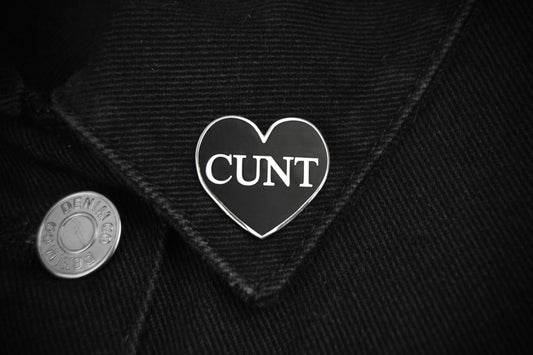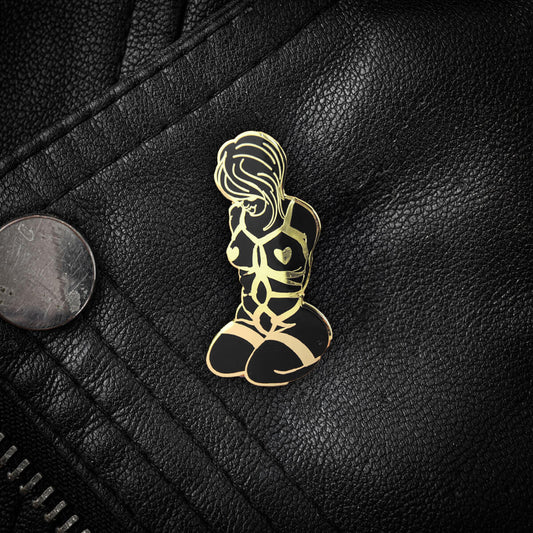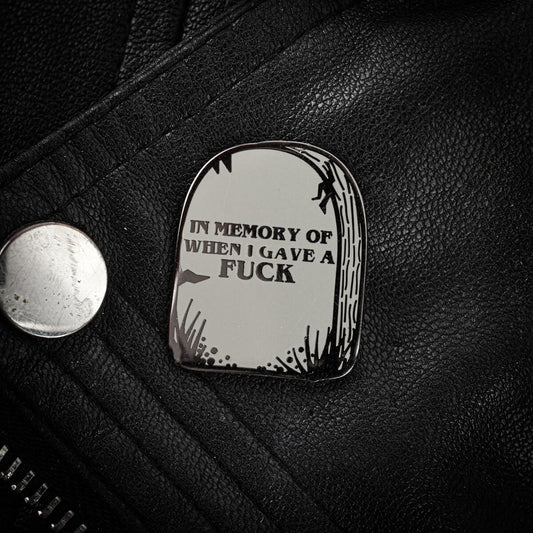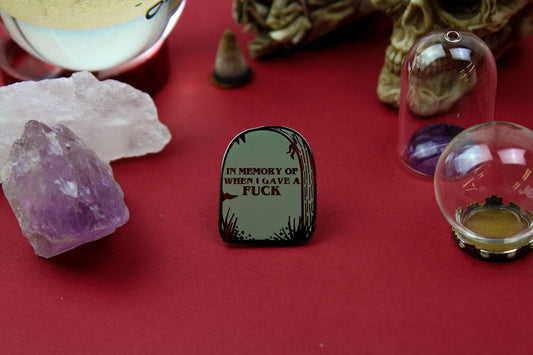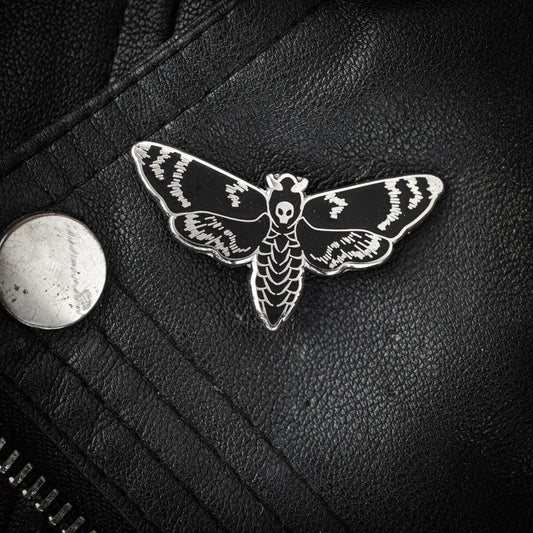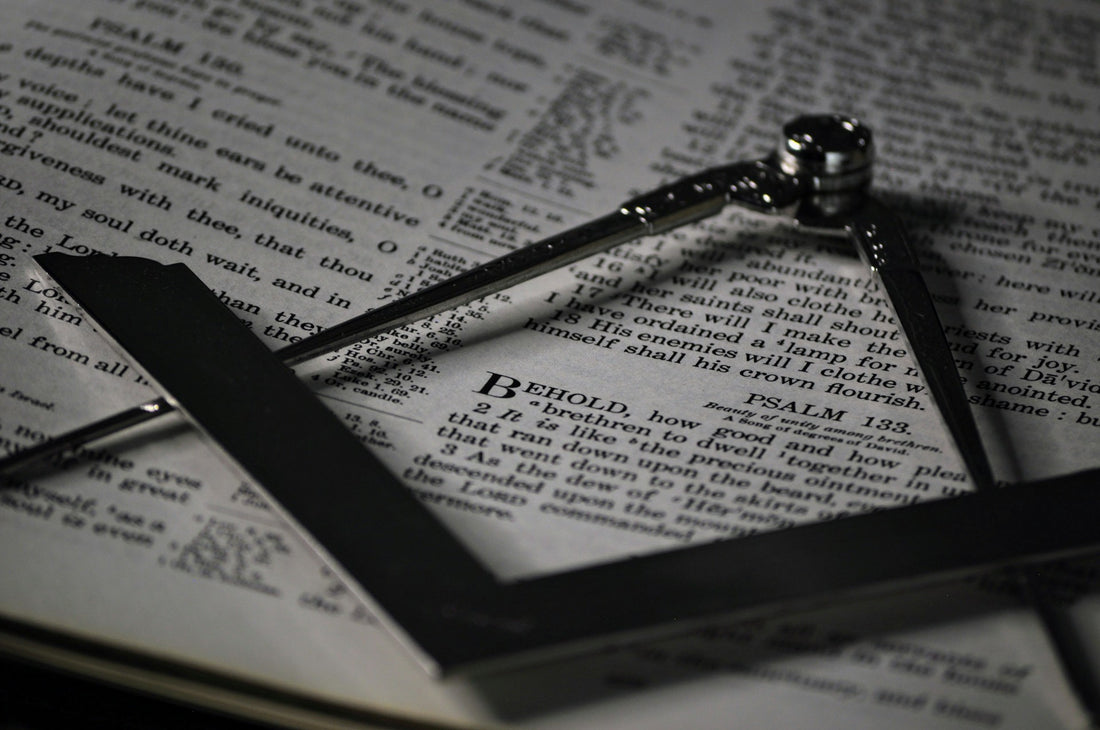
Are There Secret Societies Associated with the Occult?
Share
Throughout history, tales of secret gatherings and mysterious rituals have sparked curiosity and debate. The possibility that secret societies are linked with the occult continues to intrigue scholars, occultists, and the curious.
This blog delves into the secrets of ancient knowledge and wisdom to explore the mysteries of secret societies and their potential ties to the occult. From the cryptic ceremonies of ancient groups to the soft murmurs about modern cabals, we investigate the complex mix of secrecy, symbolism, and spiritual exploration that defines these hidden organisations.
Join us as we uncover what lies beneath the layers of secrecy and distinguish between the truths and myths in the occult world.
How Have Secret Societies Been Involved in Occult Practices?
Secret societies have often been linked with occult practices, shrouded in layers of secrecy and intrigue. A prominent example is the Hermetic Order of the Golden Dawn, a secretive group focused on the study of occult Hermeticism and metaphysics during the late 19th and early 20th centuries. Originating from Freemason members—another organisation frequently linked to occultism and secrecy—the Golden Dawn included well-known figures such as Aleister Crowley, Sir Arthur Conan Doyle, and W. B. Yeats among its members.
Additionally, other secret societies suspected of having occult ties include the Knights Templar, Freemasons, Skull and Bones, and the Illuminati. Despite ongoing speculation, firm proof of their engagement in occult activities is hard to come by because of the secretive nature of these groups. While rumours and conspiracy theories are widespread, the actual depth of their occult connections is still largely unknown. Nevertheless, the enduring allure of secret societies and their supposed occult links continues to fascinate and capture the imagination of people worldwide.
What Is the Historical Relationship Between Secret Societies and the Occult?
Throughout history, secret societies have been closely linked with occult practices, operating discreetly and exerting significant influence from behind the scenes. A notable example is the Ordo Templi Orientis (OTO), a secretive organisation founded in the early 20th century that focused on occultism, especially under Aleister Crowley's leadership after his departure from the Golden Dawn. With its structured hierarchy and secretive rituals, the OTO drew individuals eager to delve into mystical knowledge and spiritual enlightenment.
Additionally, the Rosicrucians, a mysterious order dating back to the 17th century, have fascinated scholars and seekers with their alleged expertise in alchemy, mysticism, and esoteric sciences. While the exact origins of the Rosicrucians are veiled in secrecy, their impact on Western esotericism and occult philosophy is significant, making them a compelling topic for both occultists and historians.
Furthermore, the Illuminati, reputedly established in the 18th century, has captivated conspiracy theorists with its supposed role in global affairs and secret operations. Although surrounded by much speculation, the Illuminati's alleged connections to occult knowledge and covert agendas continue to stir curiosity and debate in popular culture.

Are There Specific Occult Practices Unique to Secret Societies?
In the clandestine world of secret societies, certain occult practices have become synonymous with their covert operations and mysterious pursuits. One such practice involves ritualistic initiation ceremonies, where new members undergo symbolic rites crafted to impart spiritual wisdom and forge a sense of solidarity within the group. These initiation rituals often incorporate occult symbols, sacred artefacts, and ceremonial attire, imbuing them with an air of secrecy and significance.
Secret societies frequently delve into the exploration and application of ritual magic, drawing upon ancient wisdom and mystical teachings to harness metaphysical energies for both personal and collective metamorphosis. From ceremonial invocations to divinatory techniques, these occult rituals serve as vehicles for uncovering hidden realms of existence and unlocking the latent potential of the human psyche.
Moreover, secret societies may utilise clandestine methods of communication and encryption, employing cipher codes and symbolic languages to safeguard their knowledge and ensure the continuity of their covert activities. These occult practices not only function to shield the secrets of the society but also contribute to its aura of enigma and allure, captivating the imagination of both outsiders and insiders alike.
How Do Secret Societies Influence Modern Occultism?
Secret societies exert significant influence on contemporary occult practices, shaping the way people learn and engage with arcane knowledge. They do this mainly through secretive ceremonies where they pass on ancient wisdom to new members, fostering a sense of belonging and continuity within the occult community.
Furthermore, these societies act as guardians of esoteric literature and teachings, such as the Hermetic Order of the Golden Dawn, ensuring that valuable insights are preserved and passed down through generations.
In addition, secret societies contribute to the evolution of modern occult practices by incorporating ceremonial magic and ancient symbols into rituals. This enriches the occult landscape, making rituals more intricate and potent.
Overall, secret societies play a crucial role in the occult world, preserving ancient knowledge, shaping modern practices, and providing a sense of tradition and community for practitioners.

How Do Secret Societies Recruit and Initiate Members?
Secret societies employ diverse methods to enlist and initiate members, often veiled in secrecy and rich symbolism. One common tactic involves personal invitation or endorsement by existing members. Prospective candidates who are deemed suitable are discreetly approached and invited to join, often based on shared interests, principles, or affiliations.
Another approach is through public outreach and recruitment activities, where the society's goals and beliefs are promoted to attract potential members. These events, which may include talks, workshops, or social gatherings, aim to generate interest and identify individuals who resonate with the society's ethos.
Upon expressing interest in membership, candidates typically undergo a rigorous initiation process designed to assess their dedication and suitability. This process often comprises a series of symbolic rituals and ceremonies, through which the candidate is introduced to the society's teachings, traditions, and confidential knowledge.
For instance, in the initiation rites of the Freemasons, candidates are blindfolded and guided through symbolic trials representing moral and spiritual enlightenment. Similarly, in the initiation ceremonies of the Hermetic Order of the Golden Dawn, candidates partake in rituals symbolising their journey towards spiritual evolution, involving elements and the Tree of Life.
The recruitment and initiation procedures of secret societies are meticulously orchestrated to preserve secrecy, honour tradition, and ensure alignment with the society's values and objectives. Through these rites, members forge deep bonds with the organisation, becoming part of an exclusive community dedicated to uncovering hidden wisdom and pursuing esoteric knowledge.
What Are the Ethical Implications of Secret Societies in the Occult?
The ethical aspects surrounding secret societies within the occult realm are varied and often controversial, sparking debates on numerous fronts. One significant concern is how secrecy can create elitism and exclusivity within occult circles, potentially erecting barriers to entry and perpetuating inequalities based on social standing or affiliation. This exclusivity might foster feelings of superiority among members while marginalising those outside the inner circle.
The secretive nature of these societies may raise questions about transparency and accountability, as their activities often occur behind closed doors and away from public scrutiny. This lack of transparency could fuel speculation and conspiracy theories, leading to mistrust and suspicion from those outside the society.
Certain secret societies have faced allegations of exploiting their members for financial gain or personal power, manipulating their beliefs and loyalty for the benefit of a select few. For instance, the Order of the Illuminati, reportedly established in the 18th century, has been the subject of numerous conspiracy theories alleging its involvement in global domination and manipulation.
Moreover, the use of occult symbolism and rituals by secret societies can raise ethical concerns, particularly when these practices are misused or appropriated for nefarious purposes. While many occult traditions emphasise spiritual growth and enlightenment, others may exploit esoteric knowledge for personal gain or manipulation.
The ethical considerations surrounding secret societies within the occult realm are intricate and multifaceted, touching upon issues such as elitism, transparency, exploitation, and cultural appropriation. Therefore, it is crucial to critically evaluate the role and impact of secrecy within occult communities and strive to uphold principles of integrity, inclusivity, and ethical conduct.

How Do Secret Societies Interact with Politics and Power?
The relationship between secret societies and politics or authority has long intrigued many, often shrouded in speculation and mystery, with rumours and conspiracy theories abounding. While various theories suggesting that influential figures are members of secret organisations lack solid evidence, they persist as myths and rumours with little substantiation.
One frequently mentioned example is the Skull and Bones society, established at Yale University. Notable figures associated with this secretive group include former presidents William Howard Taft, George H. W. Bush, and George W. Bush. Despite its prominence, claims of Skull and Bones' involvement in a global conspiracy for world domination remain unproven and primarily exist in fictional depictions found in literature and movies.
Numerous rumours have circulated regarding Skull and Bones' alleged links to other secret societies, such as the Illuminati, suggesting it may be a branch of the Illuminati or even control organisations like the CIA. However, these assertions lack concrete evidence and are often disregarded as baseless speculation.
While secret societies like Skull and Bones may count influential individuals among their alumni who hold positions of authority, claims of their involvement in covert global agendas remain speculative and unverified, residing more in the realm of myth and legend than established fact.
How Do Modern Practitioners View Secret Societies?
Modern occultists hold a range of opinions on secret societies, influenced by their personal beliefs, experiences, and viewpoints. For some, secret societies are seen as reservoirs of hidden knowledge and spiritual insight, offering valuable teachings that enrich their understanding of occult traditions. These occultists regard secret societies as custodians of ancient wisdom, safeguarding sacred practices and teachings passed down over time.
On the other hand, some approach secret societies with caution or scepticism, wary of their potential for elitism, secrecy, and manipulation. These occultists may question the hierarchical structures and covert nature of secret societies, raising concerns about their intentions and ethical implications. They may also worry about the impact of secret societies on mainstream culture and politics, especially if they perceive them as wielding undue influence or promoting harmful ideologies.
The perspectives of modern occultists towards secret societies vary widely, reflecting the diversity of opinions within the occult community. While some hold secret societies in high regard, others approach them with scrutiny or doubt, highlighting the intricate and nuanced relationship between occultism and secret societies in today's world.

By Miss Alice Donlevy - Yale University Manuscripts & Archives Digital Images Database [1], Public Domain, Link
What Is the Future of Secret Societies in the Occult?
The future of secret societies within the occult world is uncertain, influenced by a variety of factors such as technological advancements, cultural changes, and shifting societal norms. In online occult communities, there's a growing interest in exploring or even forming secret societies, driven by a desire for deeper understanding and spiritual connection. However, the rise of social media and the trend of oversharing present challenges in maintaining secrecy and exclusivity, potentially complicating the creation and functioning of covert groups.
Concerns about ethical leadership and the risk of groups evolving into cult-like entities are significant, leading to caution among those considering involvement in secret societies. The possibility of misuse of power and unethical behaviours raises legitimate worries about the credibility and safety of such organisations.
Nevertheless, the allure of secret societies persists, with the potential for new occult groups to emerge secretly on a regular basis. In a world where secrecy and mystique hold a certain fascination, the future of secret societies within the occult remains enigmatic; their continued existence and impact reliant on striking a delicate balance between secrecy, integrity, and ethical conduct.
For a top-level look at everything about the occult, check out our article 'what is the occult?'.
